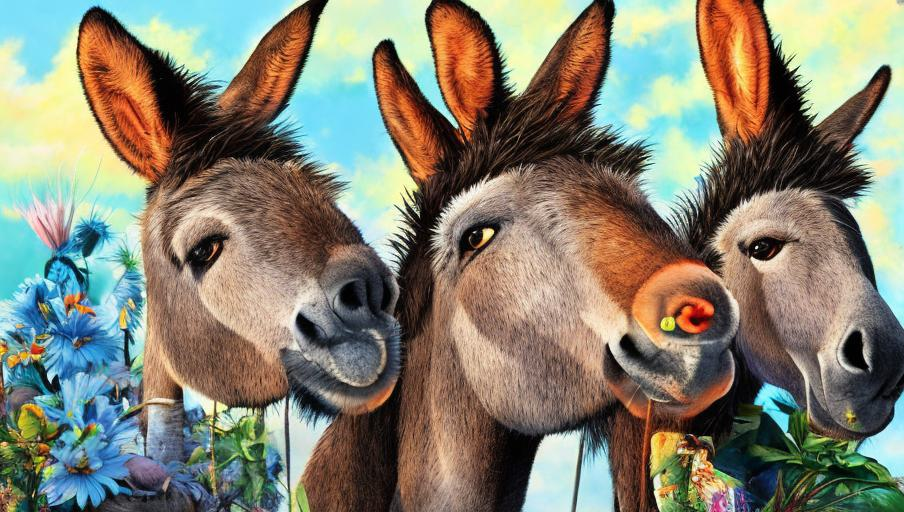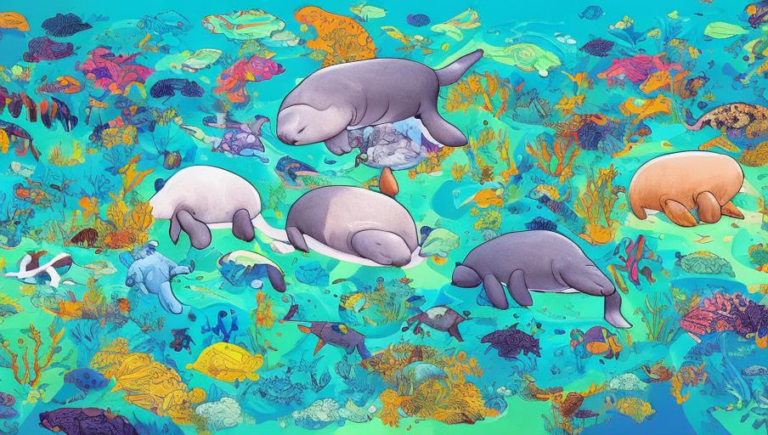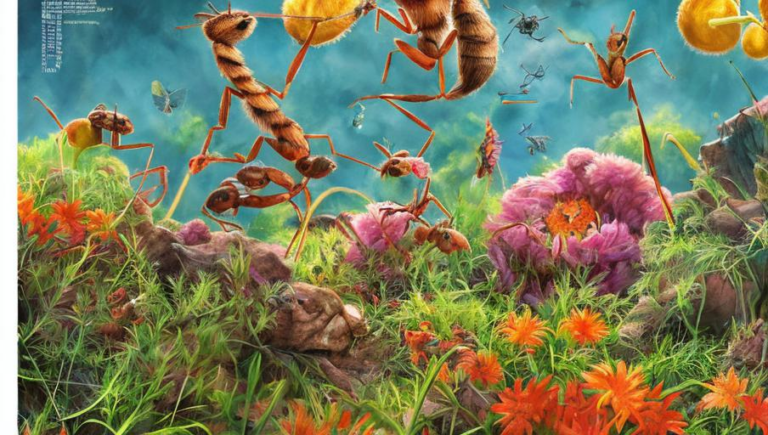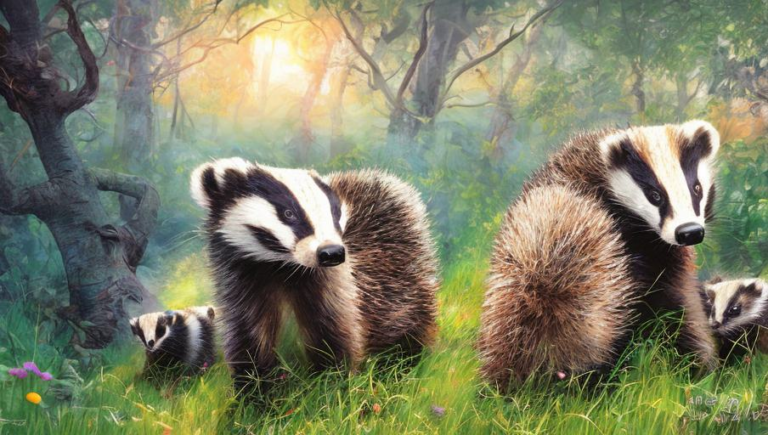The Characteristics of Donkeys

Introduction
Donkeys, also known as burros, are a species of domesticated animals that have been used by humans for centuries. They are members of the Equidae family, which includes horses and zebras, and are closely related to their wild ancestor, the African Wild Ass.
Physical Characteristics
Donkeys are typically smaller than horses, and come in a variety of colors. They have large ears, long legs, and a short, thick mane. Donkeys also have a natural resistance to disease and parasites, and are able to live longer than horses. They can also be trained to pull heavy loads, making them useful for transportation, farming, and other tasks.
Behavioral Characteristics
Donkeys are known for being strong-willed and stubborn, but they can also be quite gentle and loyal. They form strong bonds with humans, and can be trained to follow commands. Donkeys are also social animals, and can live in groups. They are also quite intelligent and can learn quickly.
Health Care
Donkeys require regular veterinary care, such as vaccinations, deworming, and hoof trimming. They also need plenty of fresh water and a balanced diet. They need to be protected from extreme temperatures and should have access to shelter.
Uses of Donkeys
Donkeys are used for transportation, farming, and even as pets. They are also used in therapeutic programs for people with special needs, as their gentle nature and intelligence can help people with disabilities. Many donkeys are also used in shows, such as rodeos, parades, and other events.
Conclusion
Donkeys are strong, intelligent, and loyal animals. They have many uses, from transportation and farming to therapeutic programs and shows. They require regular veterinary care and need to be protected from extreme temperatures and other hazards. Donkeys are an important part of human history, and their uses continue to this day.





